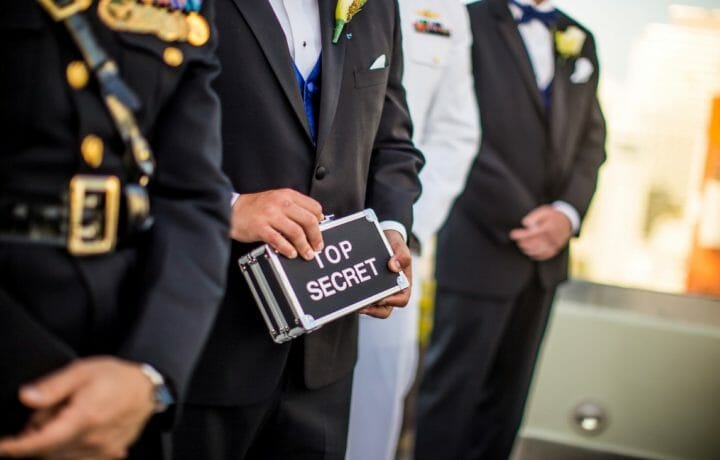Dear Clearance Holder – Think Twice Before Buying a Vacation Home
One of the results of writing articles for ClearanceJobs.com is a steady stream of reader emails regarding all manner of issues. It’s actually very “Dear Abby”-esque. Some of these emails are entertaining; others are baffling. But there is one common thread: the clearance holder is thinking ahead to avoid problems instead of just waiting until they arise. That’s a smart career move.
I recently received an email from a gentleman on his honeymoon in an exotic locale (I’m not sure how his new bride felt about his apparent distraction). He told me that he had utterly fallen in love with the country and was considering making a spur-of-the-moment decision to purchase a vacation property there. What impact, he asked, would it have on his security clearance? Was it worth the risk?
Foreign Property = Foreign Ties
The short answer to his first question was “it depends.” Buying an overseas vacation home would not have resulted in a categorical revocation of his security clearance, but it certainly would have created problems. Our experience dealing with overseas property owners has been that the onus is essentially on the clearance holder to prove that the property does not result in a heightened risk of foreign influence or coercion – not the other way around. Such a heightened risk could be brought about by the identity of the country, the value of the property relative to the clearance holder’s U.S.-based assets, and other ties with the foreign country that the clearance holder will inevitably develop by regularly traveling there to enjoy the property. Even if the clearance holder wins the case, success can be costly – both in stress and in attorney fees.
With all that in mind, my answer to the second question – is it worth the risk – is “no.” If your career depends on retention of a security clearance, the safe solution is to simply continue enjoying the country as a tourist and/or consider a U.S.-controlled destination (e.g. U.S. Virgin Islands or Puerto Rico) for your vacation home. Time-shares may also be an acceptable compromise on a case-by-case basis.
Fortunately, all is not lost if you’ve already purchased a foreign vacation property or inherited one (as many of our naturalized U.S. citizen clients do). There are legal ways to divest one’s self from ownership and/or control of foreign property – we’ve done it successfully even in hostile countries like Iran – but it can be complicated. Consult with a qualified security clearance attorney for assistance.
This article is intended as general information only and should not be construed as legal advice. Consult an attorney regarding your specific situation.



